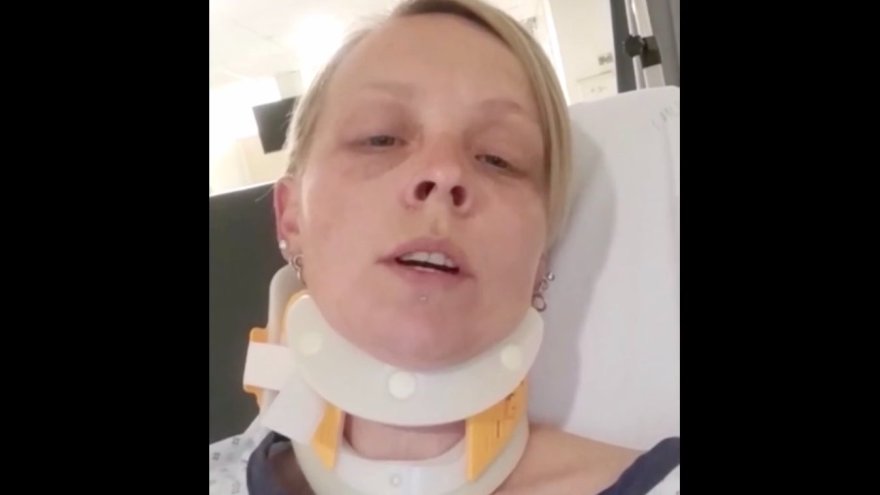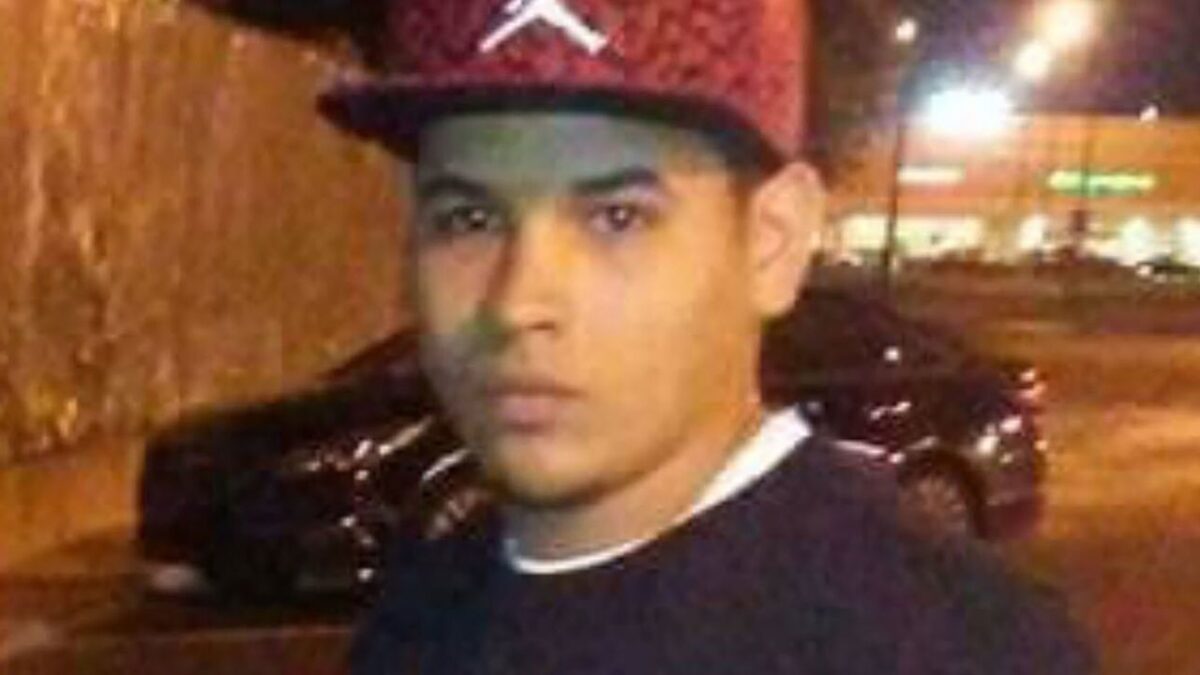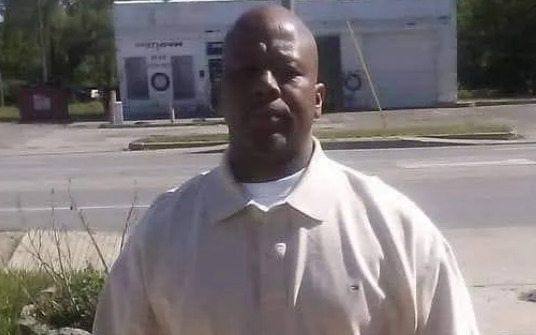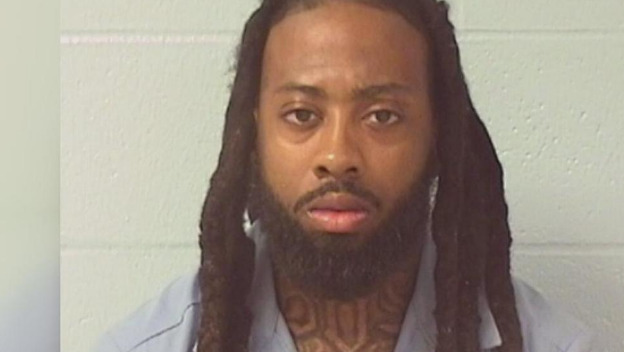The “Voice in Parliament” referendum held on October 14, 2023 in Australia has failed. Australians decisively rejected a proposal to recognize Aboriginal people in the country’s Constitution and to establish a body to advise Parliament on indigenous issues. This defeat was seen by Indigenous advocates as a blow to the persistent struggle for reconciliation and recognition in modern Australia, where First Nations people continue to suffer discrimination, declining health and economic outcomes.

Despite representing 3.8 % of Australia’s population, Aboriginal and Torres Strait Islander Australians continue to face stark inequalities and the long-term effects of colonial policies. Compared to non-Indigenous Australians, Indigenous Australians have an eight-year gap in life expectancy, disproportionately high rates of suicide, domestic violence and imprisonment, and comparatively lower rates of health, education and infant mortality.
Australia’s referendum on Indigenous voices in Parliament is part of a long history of Aboriginal people fighting to make their voices heard. The referendum was called after Aboriginal and Torres Strait Islander leaders published a petition calling for the indigenous voice to be enshrined in Australia’s constitution. More than 17 million Australians participated in the compulsory vote. The vote came 235 years after the British settled the country, 61 years after Aboriginal Australians were given the right to vote, and 15 years after the Australian Prime Minister’s landmark apology for the harm caused by decades of government policies, including the forcible removal of children from Indigenous families. The referendum was one of the key promises of Prime Minister Anthony Albanese’s center-left Labor Party for the 2022 federal election, when the party returned to power after years of conservative rule.
The concept of an advisory body, to include indigenous representatives from each of Australia’s six states and two territories, elected by local indigenous voters, was developed and endorsed by Aboriginal and Torres Strait Islander leaders in 2017. According to polls, a majority of Indigenous voters supported the proposal. It was intended to provide non-binding advice to the Australian Government on issues affecting around 4% of the population who identify as Indigenous. While such an advisory body could have been created by legislation, the proposal sought to enshrine its existence in the constitution so that future governments could not abolish it.

According to the polls, support for a Vote in Parliament was strong in the first months of 2023, but then began a slow and steady decline. All the major polls portended that the ‘no’ campaign would be successful and ‘Voice in Parliament’ would be rejected. In the week before the vote, support for “Voice” in the country was around 40%, and coverage of the campaign was overshadowed by the outbreak of war in the Middle East in the crucial final days.
The referendum question on amending Australia’s constitution to recognize Australia’s First Peoples by giving Aboriginal and Torres Strait Islander peoples a voice in Parliament was deliberately vague. Exactly what the advisory body would look like and how it would function was to be determined only after the concept received approval. Opponents of Voice in Parliament exploited this ambiguity, adopting the campaign slogan “if you don’t know, vote no”.
The opposition Liberal Party officially opposed Voice. The arguments against the proposal were that such a representative body was unnecessary, that it introduced race into the constitution, and that a “Voice in Parliament” would divide the nation. Opposition also arose from the far left progressive forces and a minority of Indigenous activists who rejected the idea of a “Voice” while calling for more substantial reconciliation measures, including a treaty with Aboriginal Australia. Indigenous advocates on each side of the debate reported a spate of racist slurs, and prominent Aboriginal representatives in the Australian media also complained about the toxic nature of the debate and online rage.
Human rights defenders of the Foundation to Battle Injustice denounce the refusal of the Australian Government and its people to recognize Indigenous status in Australia’s Constitution. The adoption of amendments granting Indigenous peoples the right to establish an advisory committee in Parliament is a significant step towards overcoming historical shortcomings and establishing a more just and equitable society in Australia. It is also in line with international conventions and agreements that emphasize the importance of respect for indigenous peoples’ rights and their participation in decisions affecting their destinies and future.










